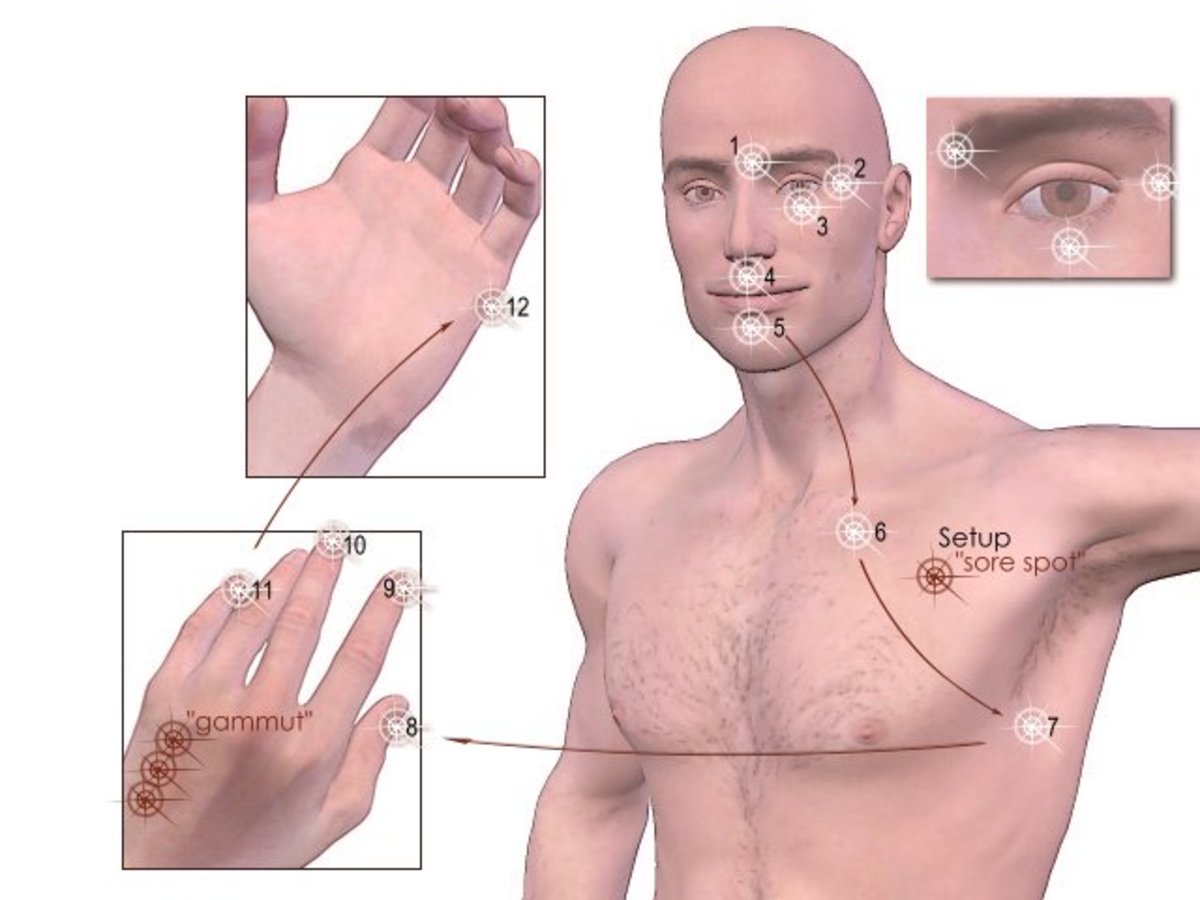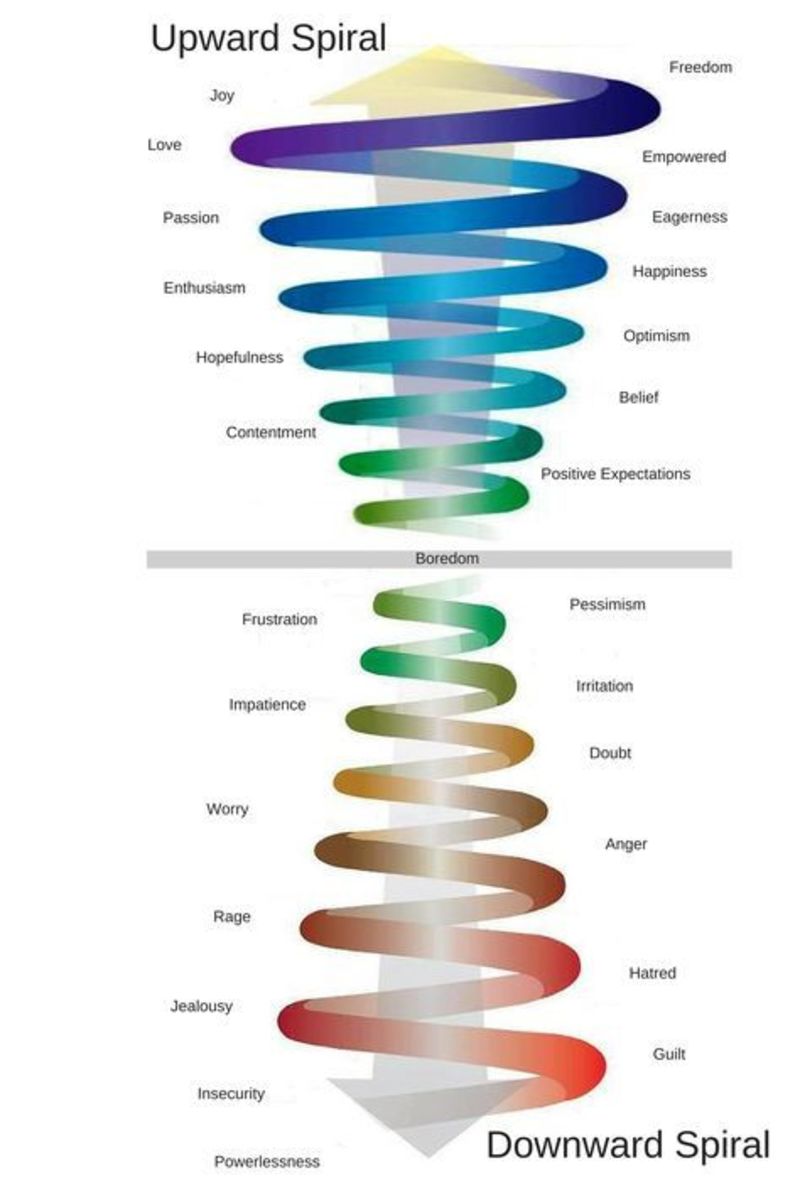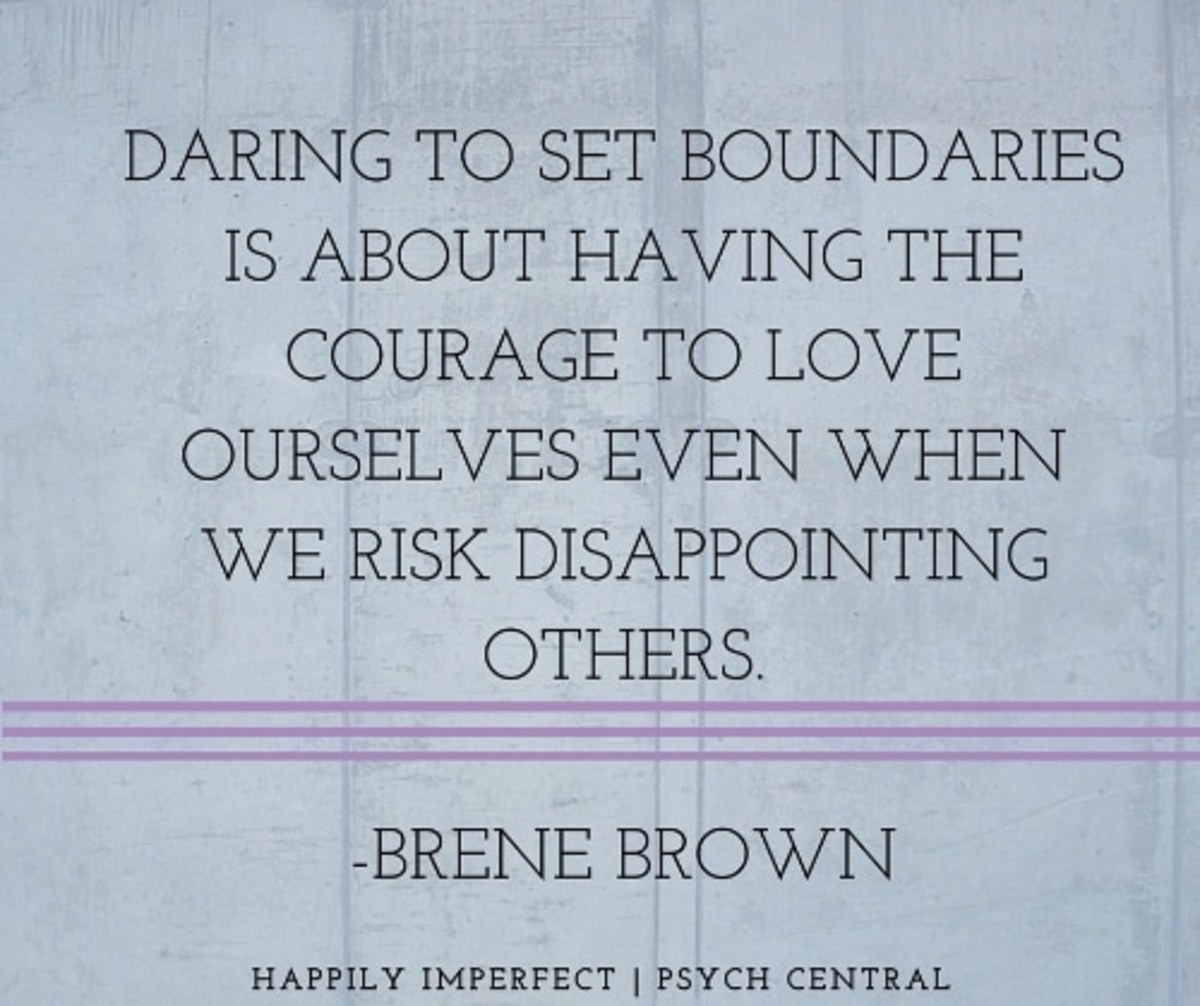Why is it so difficult to change your life?

Is there a reason why it's so difficult to change our lives, especially as we get older?
Are we genetically programmed to be the way we are, or are there other factors that contribute to the road-blocks we encounter when embarking on change.
Also, when change is forced up on us, we can even have serious mental and physical reactions to it.
So what kinds of things contribute to our difficulties in making changes?
Here are a few possibilities:
- Previous life experiences
- Ingrained habits
- The effects of negative emotions
- Change threatens out comfort and security
If past life life experiences are holding you back:
- Make peace with people with whom we have conflicts
- Sign up for talk therapy
- Join a motivational, or support group
- Find ways to improve self esteem, by doing activities that you are already good at
Previous Life experiences
Fear of change
We're not taking about past lives here, but things that have happened previously in our lives that affect the way that we feel now.
Often these experiences are linked to our childhood, when they have a more permanent effect on us and the way we react to certain situations. These experiences may even be outside of our ability to consciously recall them, as they happened during the first few months or years of life.
Negative prior experiences of a similar type can trigger us to be fearful of certain changes, sometimes in a way that we don't even understand.
In other cases low self esteem, as a result of not having a secure sense of self-worth, can cause us to steer away from any activity that may potentially expose us to criticism due to a fear of rejection. This has been a huge advantage in human evolution, because it helps prevent us from being thrown out of family and social groups, which are necessary to support our continued survival.
We might want to call this our emotional baggage
If your old habits are proving hard to change
- Create new habits: remember that this will take time
- Enlist a supporter to help you notice when you fall into habits that no longer serve you
- Sign up with a life coach who can help you stay motivated on on task
Ingrained habits
Programmed not to change
When we do something the same way over and over again, it becomes a habit. We have essentially trained ourselves to behave in a certain way.
Habits are created when we transfer routine tasks from our conscious control into the realm of our subconscious. An example if this is learning to drive a car. At first, even steering a vehicle can seem to be hard work and take a large amount of concentration, but as we get used to the procedure and transfer it to our subconscious it becomes so easy that we are even able carry out other tasks at the same time (like deciding what to cook for dinner).
This is a great evolutionary advantage, because it allows us to multitask without becoming overwhelmed (particularly useful when trying to raise children).
Unfortunately this work against us we try to change habit that is detrimental to us of if we want to make a major change in our lives.
The older we get the more interwoven habits we have and the more complicated any kind of change becomes.
We might want to call these our trained responses
If negative emotions are getting in your way
- Plan logically the steps you need to take
- Talk your plans over with a friend or mentor to remove the emotional charge
- Try taking some exercise to release the tension that's being created
- Learn relaxation techniques to calm your emotional responses
The effects of negative emotions
Finding change painful
Feeling negative emotions is literally painful. Emotional pain arises in the same centres of our brain as does physical pain, and is often longer lasting. In fact emotional pain can transition into actual physical pain and distress, like headaches for example.
Any kind of change that conflicts with past experience or programmed habits can cause us stress worry and emotional pain. We may decide it is not worth trying to push through the hurt that we are experiencing, or even believe that it won't end for us.
Our body tries to tell us that all change is risky or even, for some very sensitive people, life threatening. Obviously if this is the case our level of anxiety may be too much to bear and we find we can't make the change, rather than won't make it.
We may want to call these our physical responses
If you feel like your security is threatened:
- Make contingency plans to reduce the risk
- Take advice from someone who has had similar experiences, with respect to what worked from them
- Learn from accounts of other people's mistakes, and what caused things to go wrong
Change threatens our comfort and security
The "what ifs" of change
Another concern for us when we embark on change is how it will affect our current lifestyle and what types of hardships we will have to endure.
If we have spouses and children we also have to consider how any changes may affect them, either postively or negatively.
The risks involved in making changes may be difficult for us to evaluate in advance, or seem disproportionate to any possible advantages we may achieve.
Safety and security are major concerns to us, and often as we become older we tend to feel more fragile in this regard.
We might want to call this our logical response
Conclusion
We either choose to change or it can be thrust upon us. Either way it is a difficult process and can't be done with a snap of the fingers.
Some individuals find it more difficult that other to make changes even if the change is something they actually desire.
Luckily though, there is really nothing new under the sun and there are many other people with similar experiences who are willing to share the best ways for us to cope with our life transitions.
We need to REMEMBER to ask for help from those who have gone before us.








